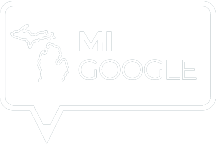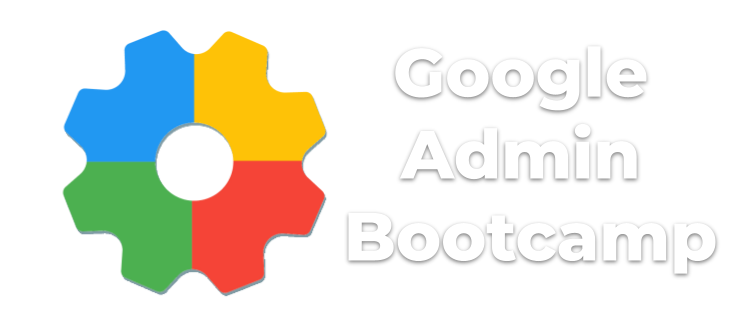Chromebook web filtering is should mean more than just blocking bad websites. Bharath Madhusudan, co-founder of the web filtering company Securly, shares how his company is working to keep kids safe on the web by using machine learning and natural language processing to prevent cyber bullying and self-harm.
Keeping students safe on the web is a passion
During the first part of my conversation with Bharath he explains how to ended up working to keep students safe online. As a former McAfee security researcher, Bharath could have easily applied his skills and knowledge web security in a lucrative business fields. He and his co-founder picked education because they felt that not only was it an under-served market, it was a chance to change lives.
Student safety is more than blocking websites!
As a classroom teacher, I was a victim of an over-active web-filter (try prepping for your unit on the reproductive system….not easy!). You have probably had a similar experience.
Securly provides a new approach to content filtering, one that is web-based (rather than having an on-site appliance filter), and a filter that uses natural language processing to evaluate on-page content rather than blocking entire websites outright. This allows Securly to work at school, and at home, if your students take their device with them at the end of the day.
Bharath also emphasized that keeping students safe on the web isn’t just about blocking bad content, it includes preventing cyber bullying and self-harm. Securly uses sophisticated machine learning and natural language processing algorithms to understand the meaning behind student email messages and social media posts. This real-time monitoring can alert school administrators to situations where a student might be planning to harm themselves or another student so that immediate action can be taken. This part of our conversation was fascinating.
Bharath and I discuss the delicate balance between keeping students safe and blocking inappropriate content to comply with federal regulations with the desire to give students teachers free access to the web. The key is having a conversation with staff, students, and parents.
Free Chromebook Web Filtering
The reason I was eager to invite Bharath onto the show is because of their recent announcement that their Chromebook web filtering product is now free to everyone. That’s right, 100% free!
Bharath explains how they are able to offer this service for free and how easy it is to get started.
He also shares information on Securly’s paid services including web filtering for non-Chrome devices, their 24/7 real-time monitoring service to prevent self-harm, and the upcoming launch of their home web filtering product for parents.
Bharath also explains the parent portal that is available to help parents understand the browsing habits of their students and make decisions about how school-owned devices are used outside of school hours. The parent portal is an awesome product. I love the insight that Bharath shares on how parents can use the parent portal to engage their students in conversation, not just to monitor their web activity.
I hope that by listening to my conversation with Bharath you will come to the conclusion that Chromebook web filtering is more than blocking websites, it’s about keeping students save and engaging them in conversations that will help them make wise decisions.






